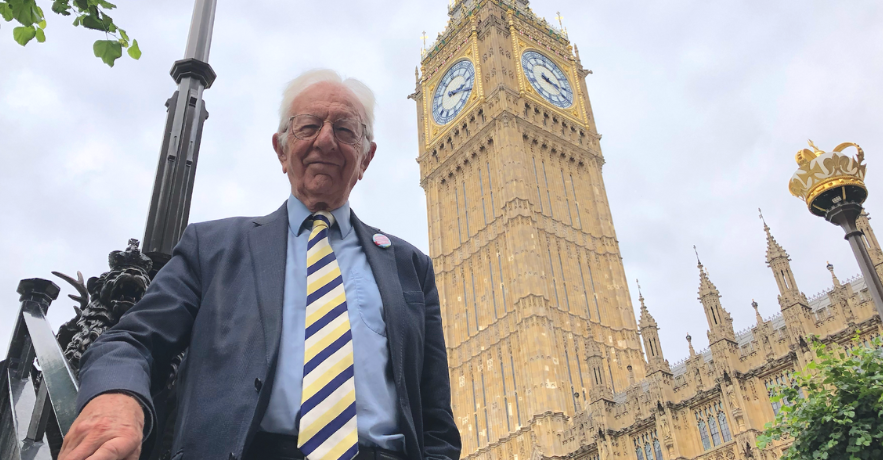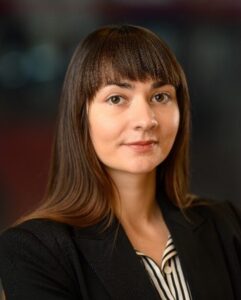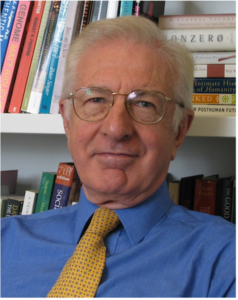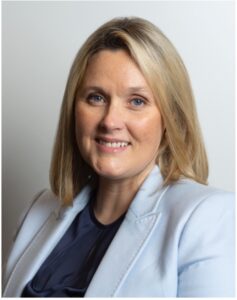UK Wellbeing Report
At the World Wellbeing Movement, we believe that the overall objective of a government should be the wellbeing of its people. We further believe that all government policy should be looked at through the lens of wellbeing. Such changes would transform the way in which policies are assessed, created and implemented; leading to the emergence of fresh priorities that place a greater emphasis on addressing urgent mental health issues.
We commissioned this report to better understand the inequalities in life satisfaction (wellbeing) across the UK, and to shine a spotlight on the proportion of people in the UK living with very low levels of wellbeing (i.e. with a life satisfaction of 5 or below). Or, to use our terminology, as explained in this report, to highlight the proportion of the UK population living ‘below the Happiness Poverty Line’ (HPL).
The findings from this report are alarming. A staggering 1 in 8 people in the UK live below the Happiness Poverty Line: and there are steep wellbeing inequalities across the UK.
The Happiness Poverty Line (HPL) was steadily lowering prior to the COVID-19 pandemic, but although there was some improvement in 2022, the UK is yet to return to pre-pandemic levels, and, in fact, we look set to be about to stabilise at a higher level of HPL than pre-pandemic.
We’re calling on the UK Government, both incumbent and succeeding, to focus on improving the wellbeing of the UK public, reducing wellbeing inequalities across the UK, and reducing the proportion of UK citizens living below the Happiness Poverty Line … or else it is letting down its people.
Let’s put wellbeing first.
Report written by Maria Cotofan, with contributions from Prof Lord Richard Layard, Prof Jan-Emmanuel De Neve and Sarah Cunningham.
Commissioned by the World Wellbeing Movement in March 2024.

 Maria Cotofan is an Assistant Professor in the Department of Political Economy at King’s College London. She is also a Research Affiliate in the Centre for Economic Performance, a Visiting Fellow at the London School of Economics and Political Science, and a Research Associate at the Wellbeing Research Centre at Oxford University.
Maria Cotofan is an Assistant Professor in the Department of Political Economy at King’s College London. She is also a Research Affiliate in the Centre for Economic Performance, a Visiting Fellow at the London School of Economics and Political Science, and a Research Associate at the Wellbeing Research Centre at Oxford University. Richard Layard is a British Labour economist, currently working as program director of the Centre for Economic Performance at the London School of Economics. His early career focused on how to reduce unemployment and inequality. Richard was Senior Research Officer for the famous Robbins Committee on Higher Education, who’s work led to the massive expansion of UK university education in the 1960s and 1970s.
Richard Layard is a British Labour economist, currently working as program director of the Centre for Economic Performance at the London School of Economics. His early career focused on how to reduce unemployment and inequality. Richard was Senior Research Officer for the famous Robbins Committee on Higher Education, who’s work led to the massive expansion of UK university education in the 1960s and 1970s. Jan-Emmanuel De Neve is a Belgian economist and professor at the University of Oxford where he directs the Wellbeing Research Centre. He is best known for his research on the economics of wellbeing which has led to new insights into the relationship between wellbeing and income, productivity, economic growth, and inequality. De Neve is also an editor of the World Happiness Report, and co-founder of the World Wellbeing Movement. His research was selected among “The Management Ideas that Mattered Most” by Harvard Business Review and he was awarded the inaugural Ruut Veenhoven Award for his contributions to the scientific study of happiness.
Jan-Emmanuel De Neve is a Belgian economist and professor at the University of Oxford where he directs the Wellbeing Research Centre. He is best known for his research on the economics of wellbeing which has led to new insights into the relationship between wellbeing and income, productivity, economic growth, and inequality. De Neve is also an editor of the World Happiness Report, and co-founder of the World Wellbeing Movement. His research was selected among “The Management Ideas that Mattered Most” by Harvard Business Review and he was awarded the inaugural Ruut Veenhoven Award for his contributions to the scientific study of happiness. Sarah Cunningham is Managing Director of the World Wellbeing Movement (WWM), and host of the ‘Working on Wellbeing’ podcast series by the World Wellbeing Movement. WWM’s mission is to put wellbeing at the heart of decision-making both in business and public policy.
Sarah Cunningham is Managing Director of the World Wellbeing Movement (WWM), and host of the ‘Working on Wellbeing’ podcast series by the World Wellbeing Movement. WWM’s mission is to put wellbeing at the heart of decision-making both in business and public policy.